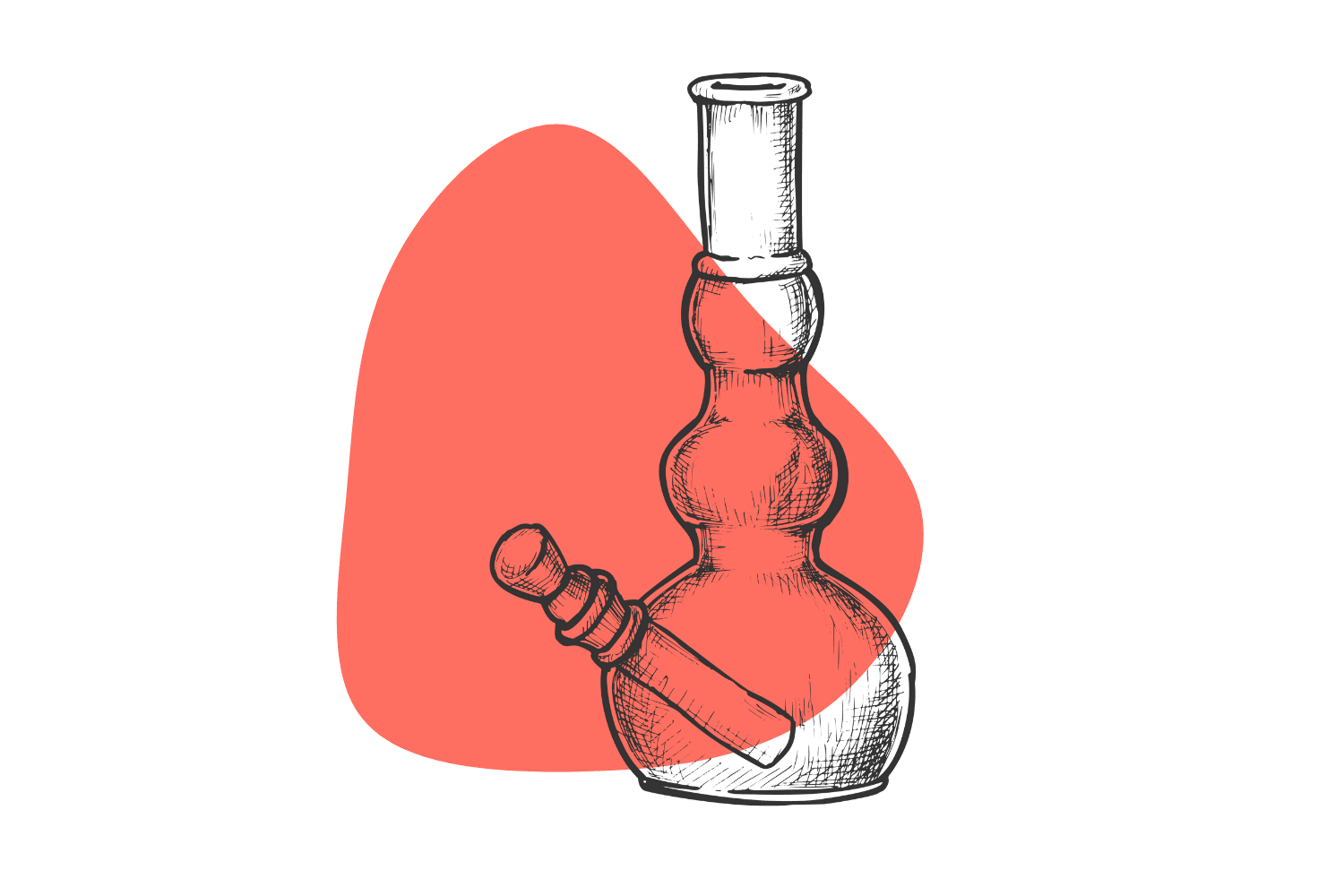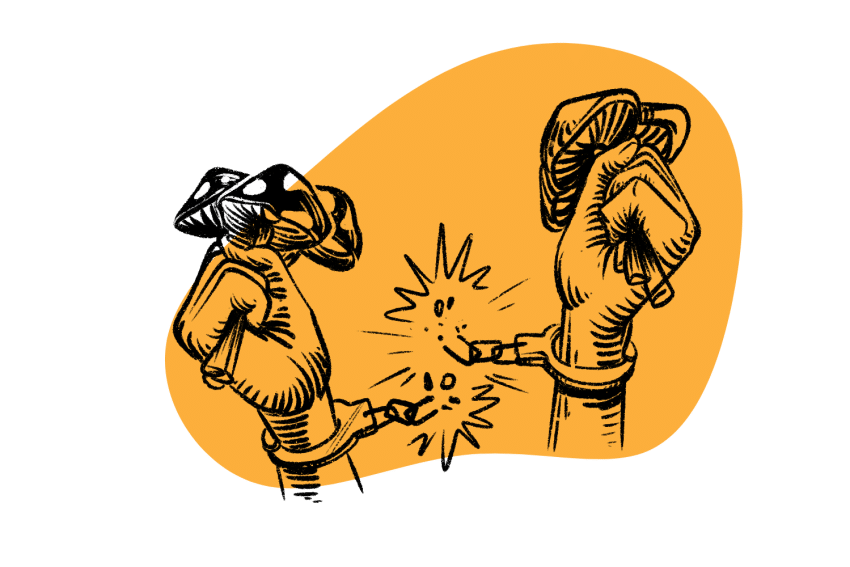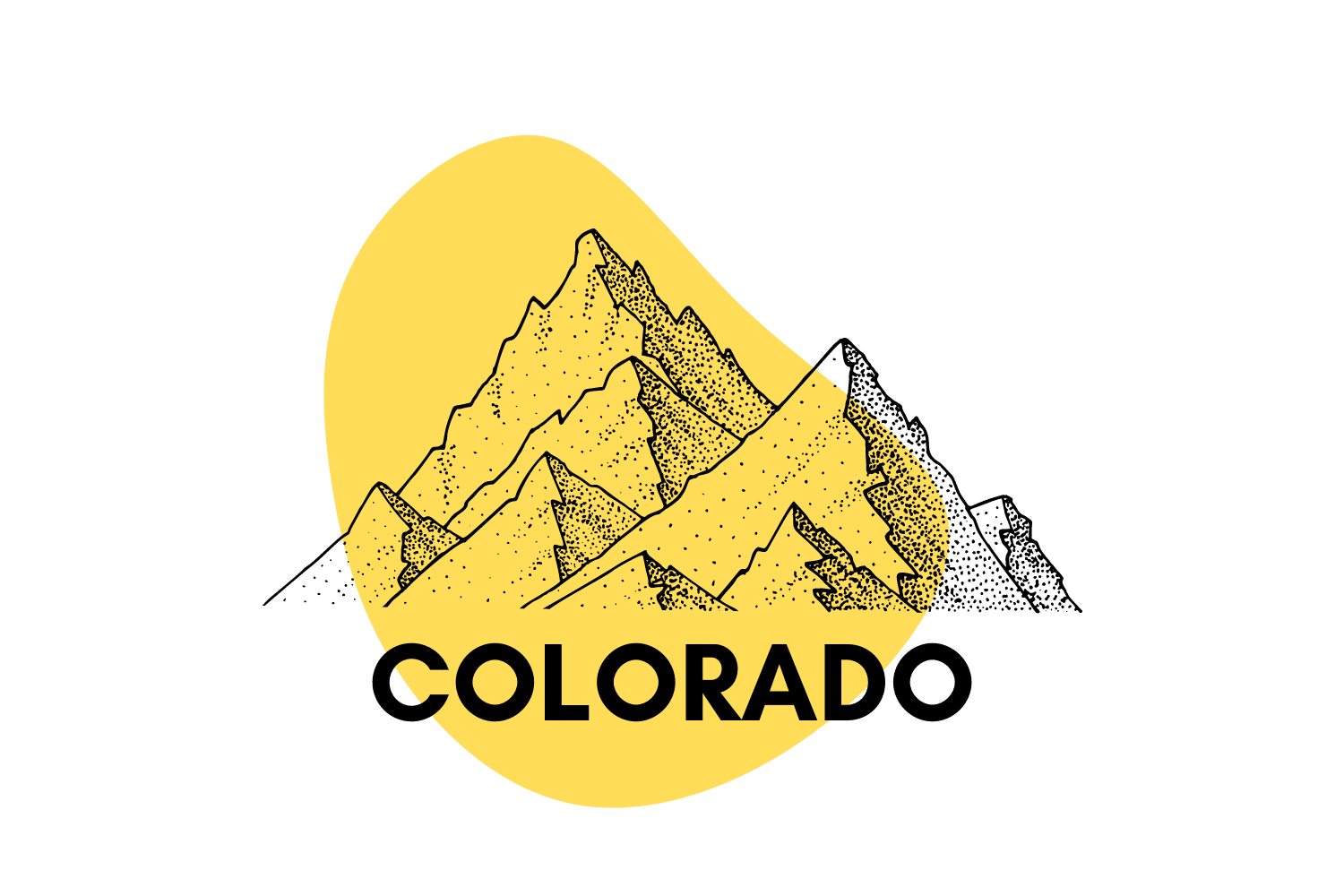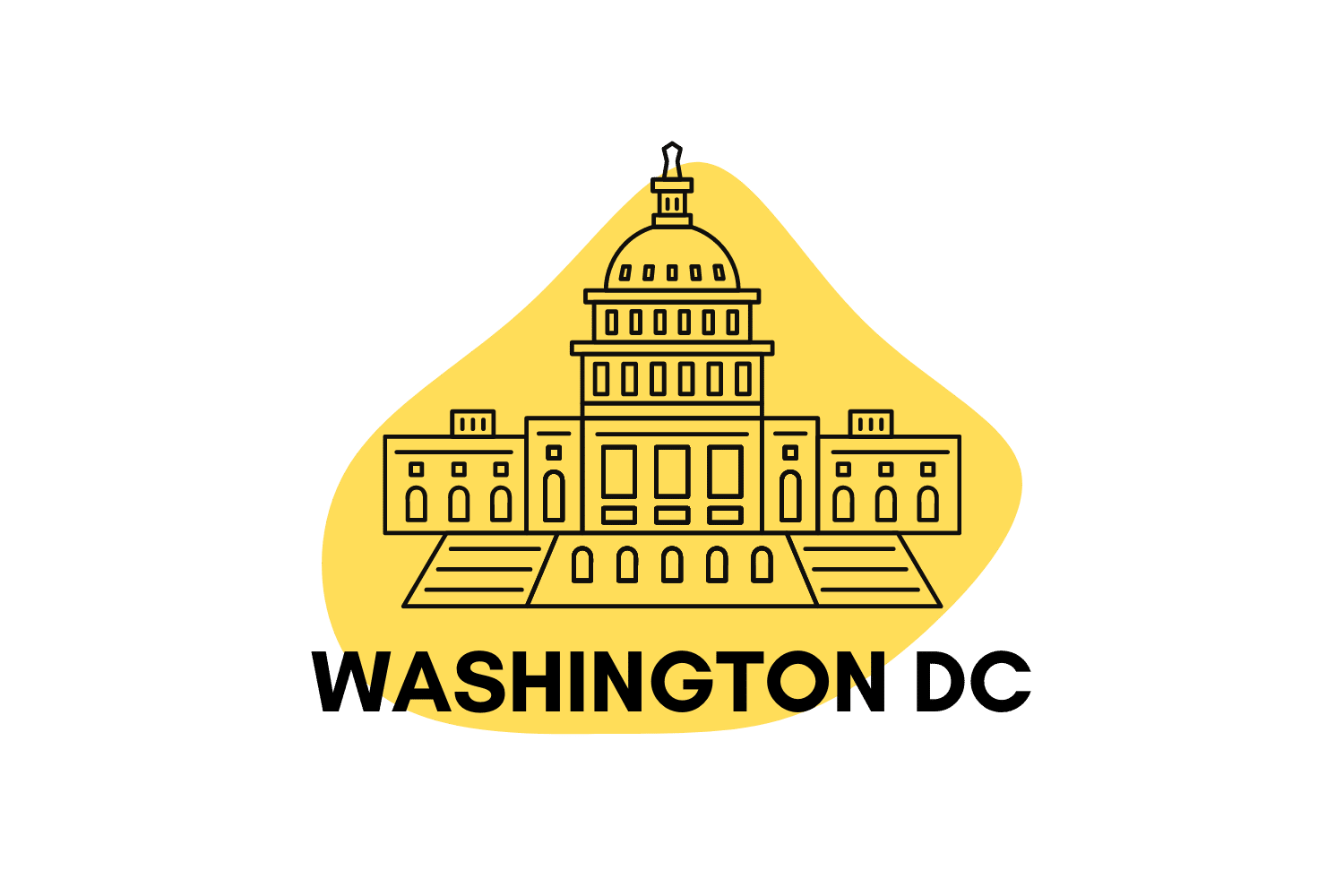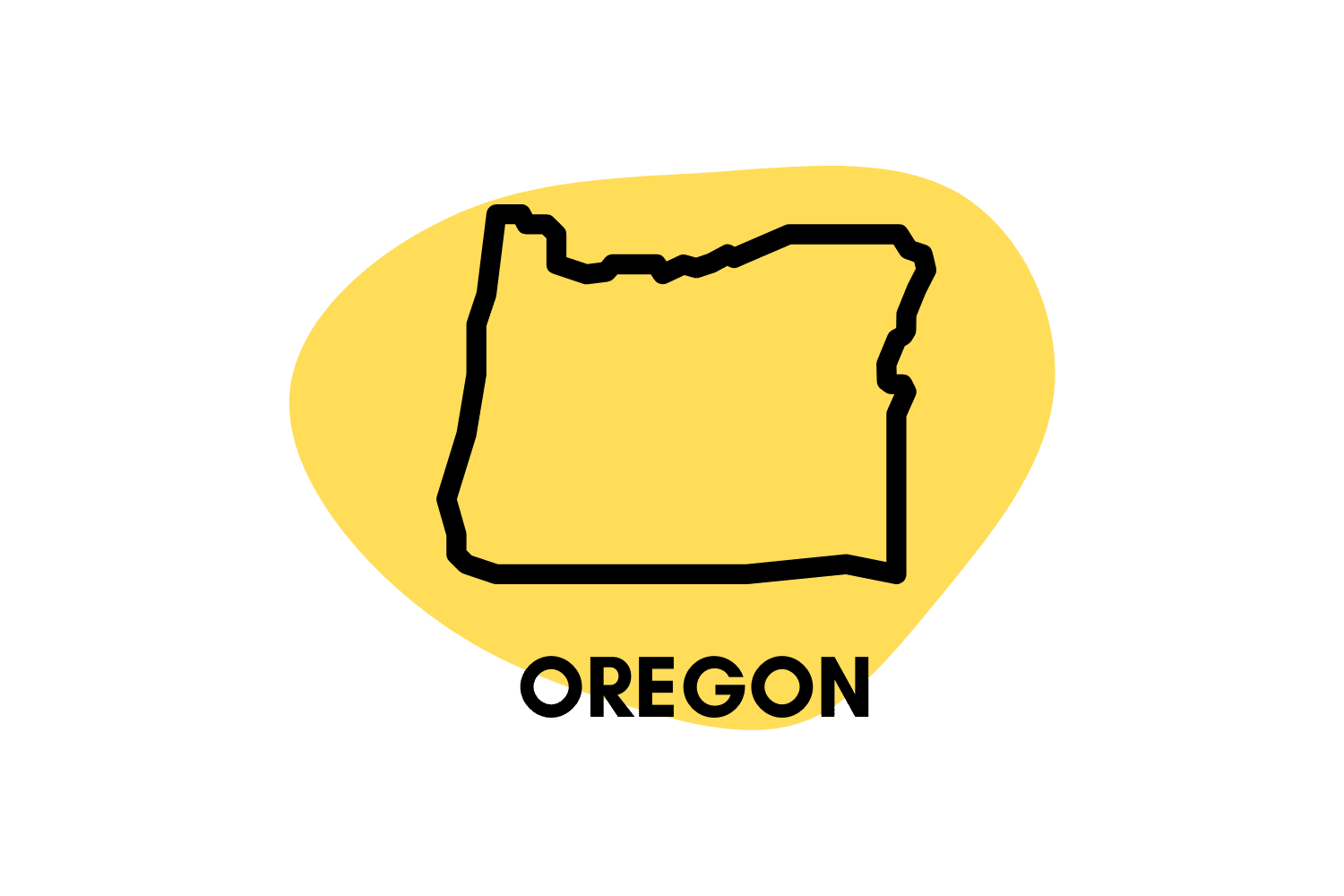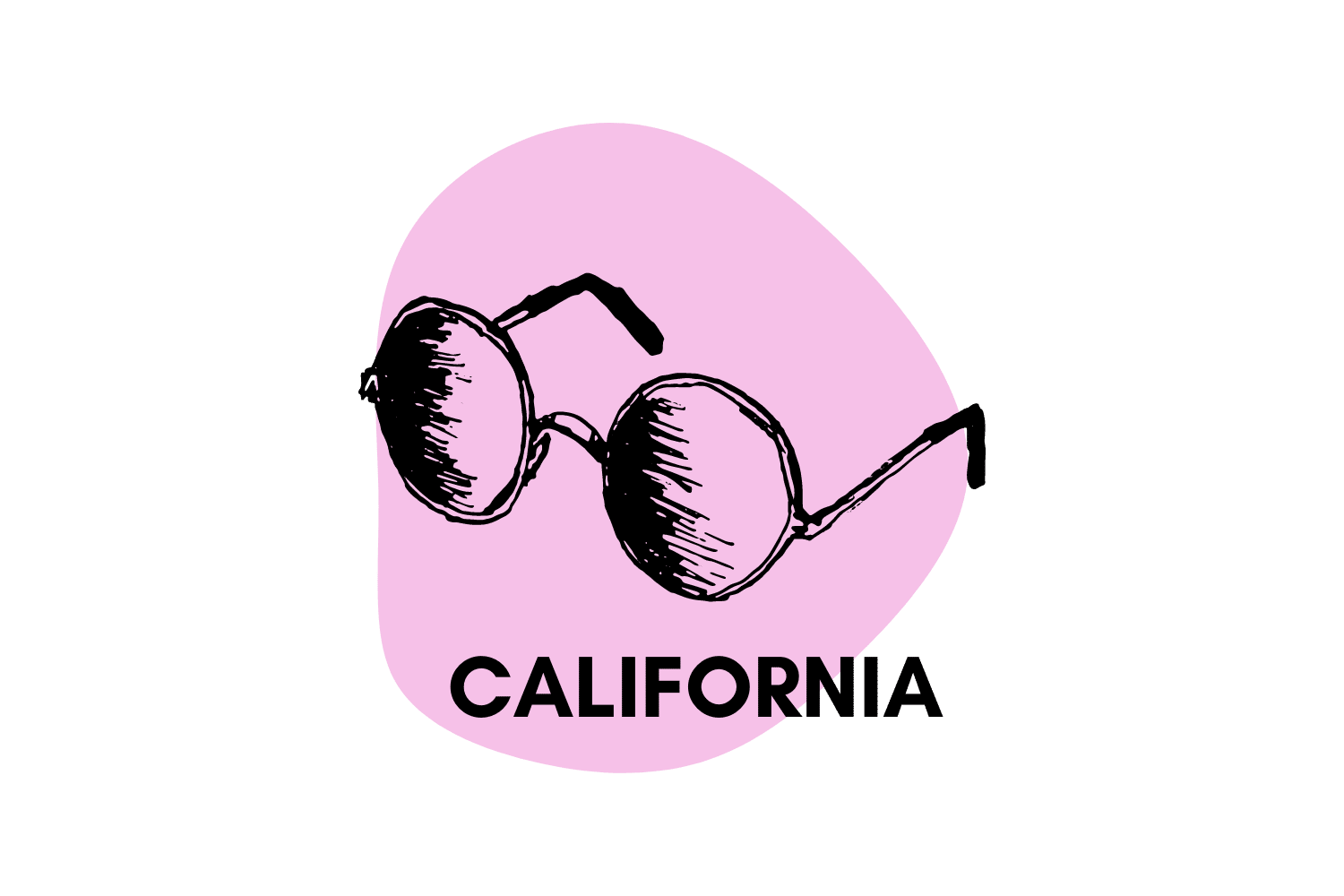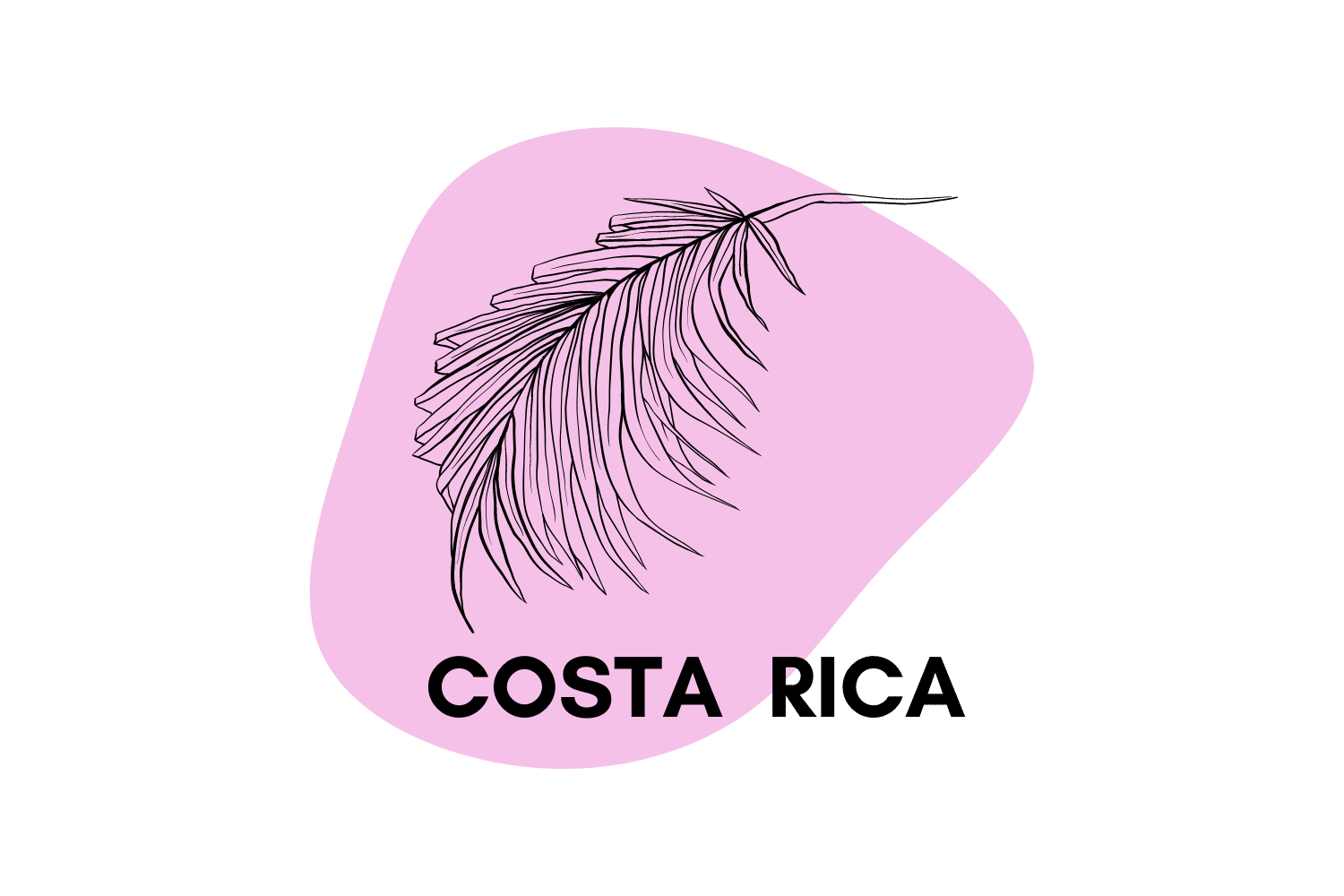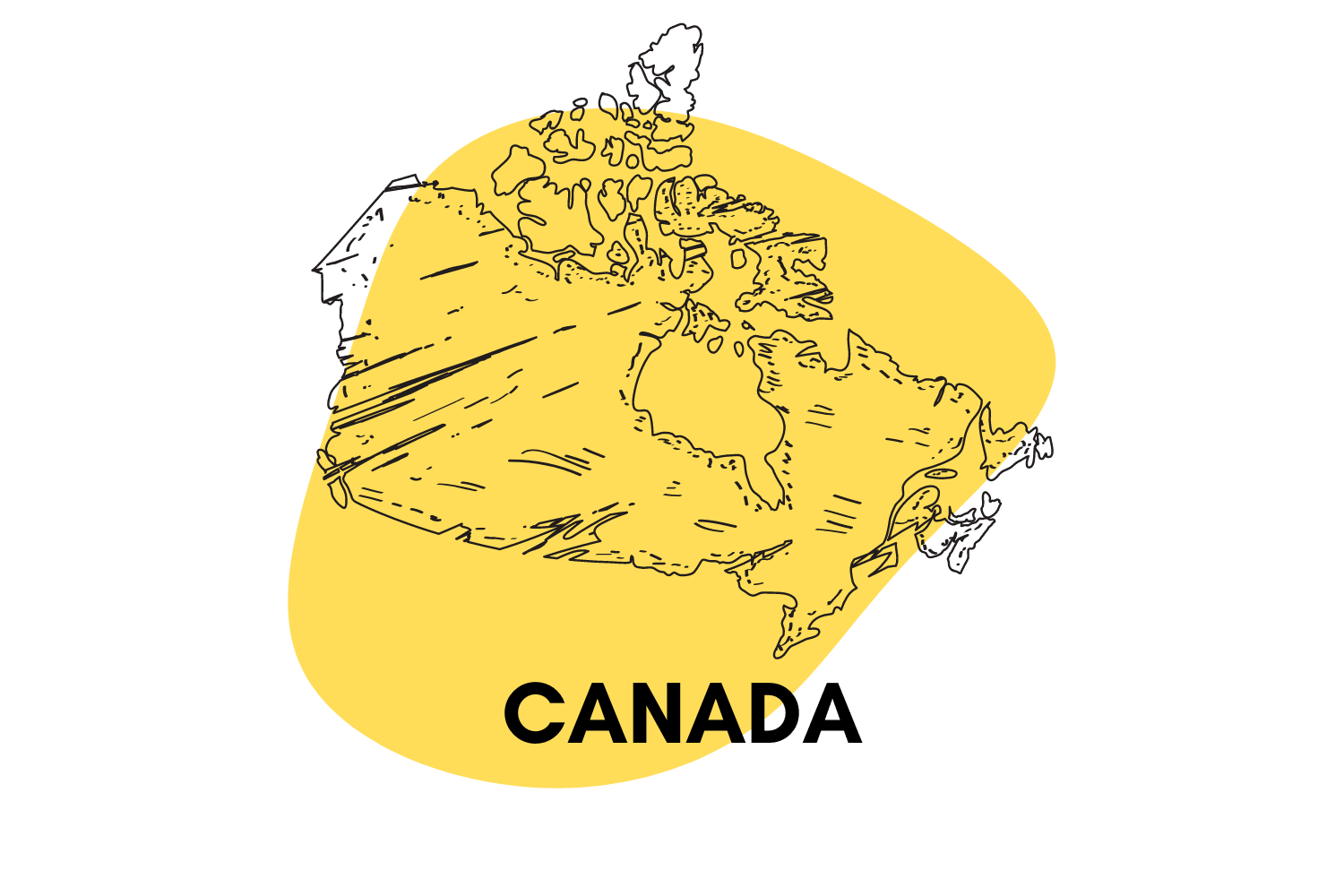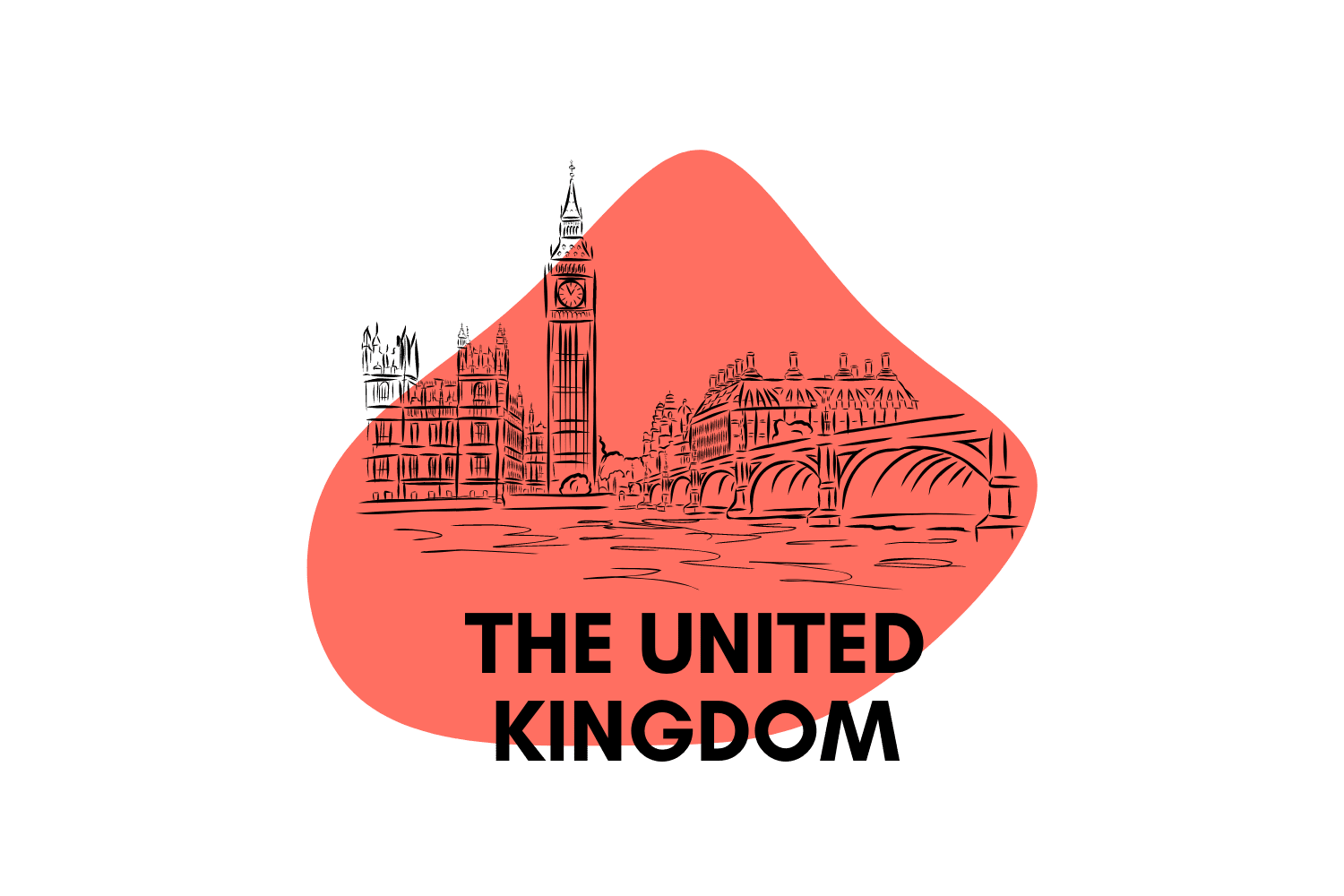Psychedelics In Alberta: What Does the Law Say?
Alberta’s psychedelic laws are worth noting. Decriminalization might be around the corner.
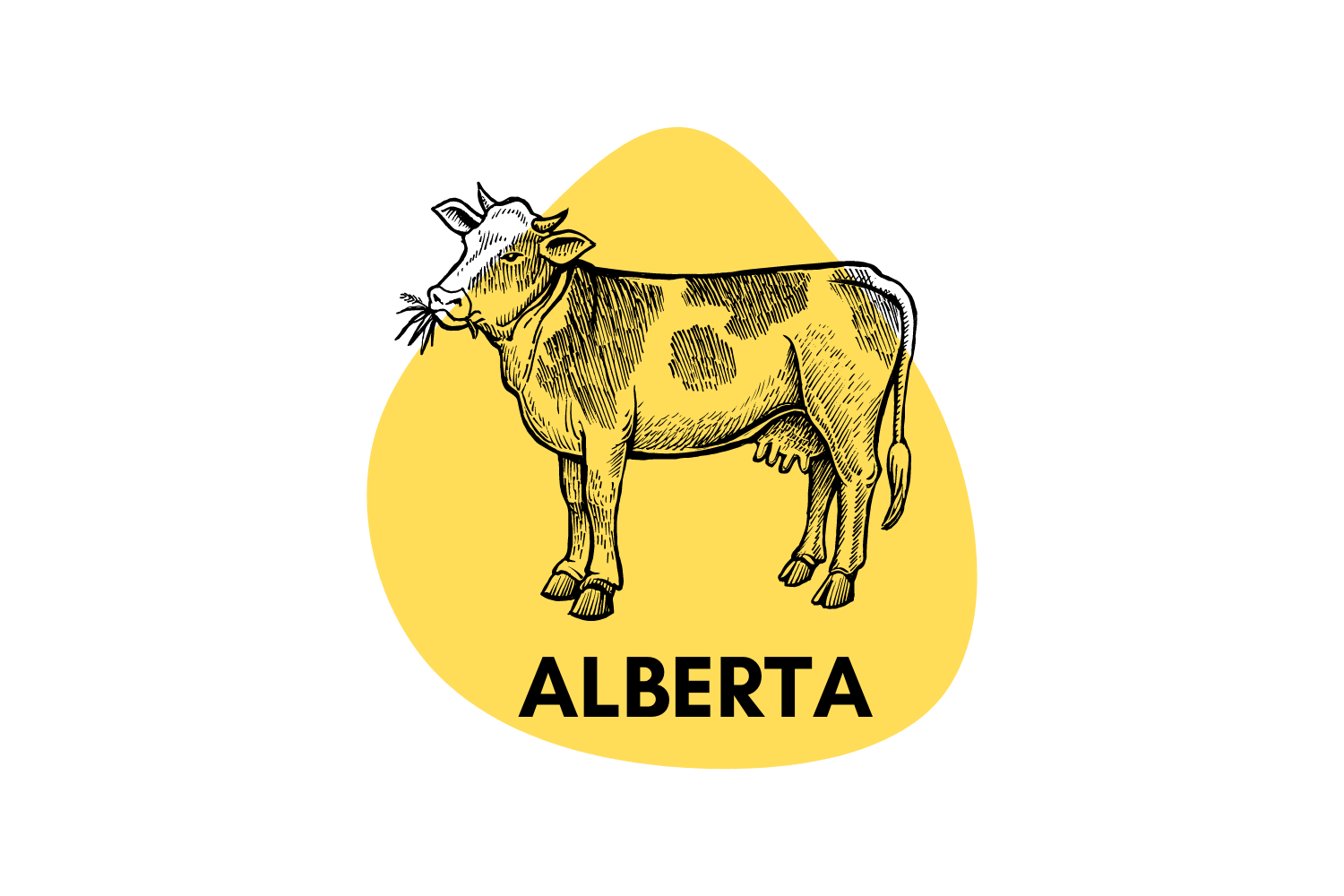
Despite being illegal, it’s surprisingly easy to get ahold of psychedelics in places like Calgary, Edmonton, and Lethbridge.
Here, we’ll explore the current state of psychedelics in Canada, with a special focus on local changes around Alberta. We’ll discuss how substances like magic mushrooms, LSD, DMT, ketamine, and MDMA are regulated here, and what the future looks like.
This page is updated frequently as new motions are passed, and the laws change.
Summary of Psychedelic Drug Laws in Alberta
- Magic mushrooms and other psychedelics are illegal in Alberta.
- Although infrequent, fines for possession and use start at $1000.
- Cannabis is legal for both medicinal and recreational use.
- Alberta is a pioneer in legalizing the therapeutic use of psychedelics — some clinics have already been approved to administer it.
- Buying grow kits and spores is legal in Alberta, but the cultivation of magic mushrooms is not.
Are Magic Mushrooms Legal in Alberta?
Magic mushrooms are illegal in Alberta.
Psilocybin mushrooms belong to Schedule III of Canada’s Controlled Drugs and Substances Act (CDSA). You need a prescription or a license to possess shrooms. Otherwise, you can be punished with a minimum fine of $1,000 or up to 6 months in jail.
Since 2020, the Office of Controlled Substances at Health Canada has allowed terminal patients to obtain exemptions for therapeutic use. But, of course, people can only use them under a health professional’s supervision, and they do not have permission to leave the premises if they are under the effects.
In Calgary, this allowed Anthony White, a resident with a terminal cancer diagnosis, to receive the therapy through the SYNTAC institute — a Calgary-based non-profit.
As such, Canadian authorities are following the lead of prominent scientific institutions recommending the reclassification of psilocybin. Institutions such as Johns Hopkins University advocate for its low abuse potential and clear evidence of therapeutic value.
Buying magic mushroom spores and cultivation kits is not explicitly legal in Alberta, but it is not prohibited either because the spores do not contain psilocybin.
Related: Where are Magic Mushrooms Legal?
Where to Buy Magic Mushroom Spores in Alberta
Magic mushroom spores do not contain psilocybin, and theoretically, it is legal to possess those spores. However, Section 7.1 of the CDSA forbids the cultivation of any controlled substance. In this case, the person is liable to a maximum term of ten years in prison.
A person must obtain an S-56 exemption and the appropriate license to avoid this. Still, possessing or buying magic mushroom spores without the intent to cultivate them is not a crime, and you can find them in stores and online.
Do Magic Mushrooms Grow Wild in Alberta?
Yes, magic mushrooms grow naturally in Alberta.
While psilocybin mushroom species are most prevalent in humid subtropical climates, they can thrive in all environments except Antarctica, where the weather is frigid. Unfortunately, sightings of magic mushrooms are not very frequent in Alberta.
However, here is a list of species you may find in the region:
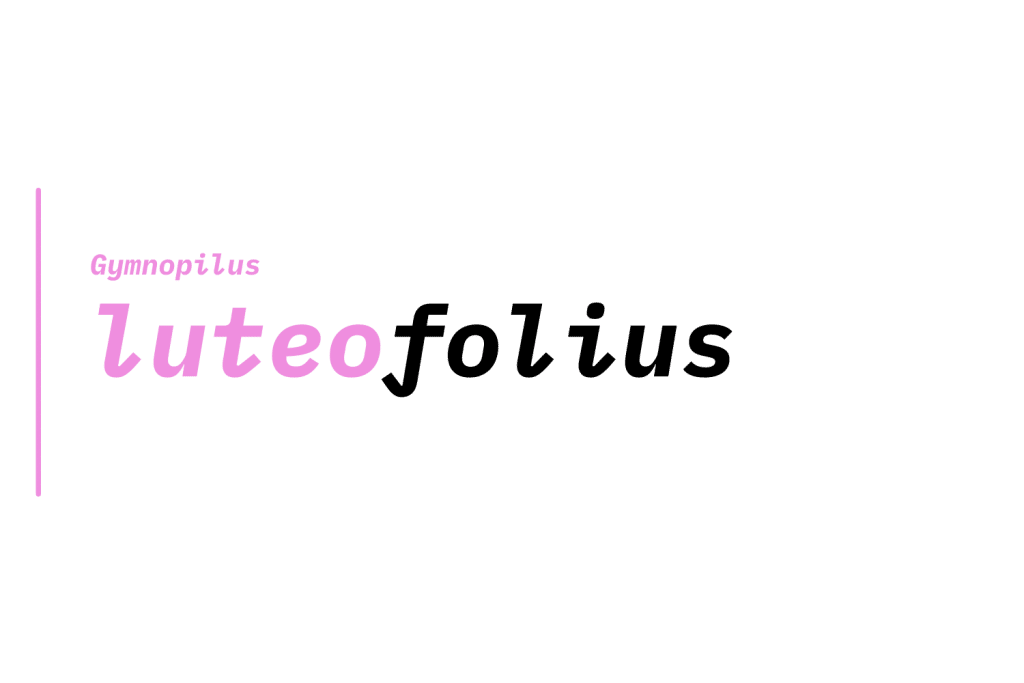
Gymnopilus luteofolius
Also known as the “giggle mushroom,” it is relatively easy to find in Alberta. It forms in hardwood clusters and prefers dead conifers, growing from late July to November and in winter.
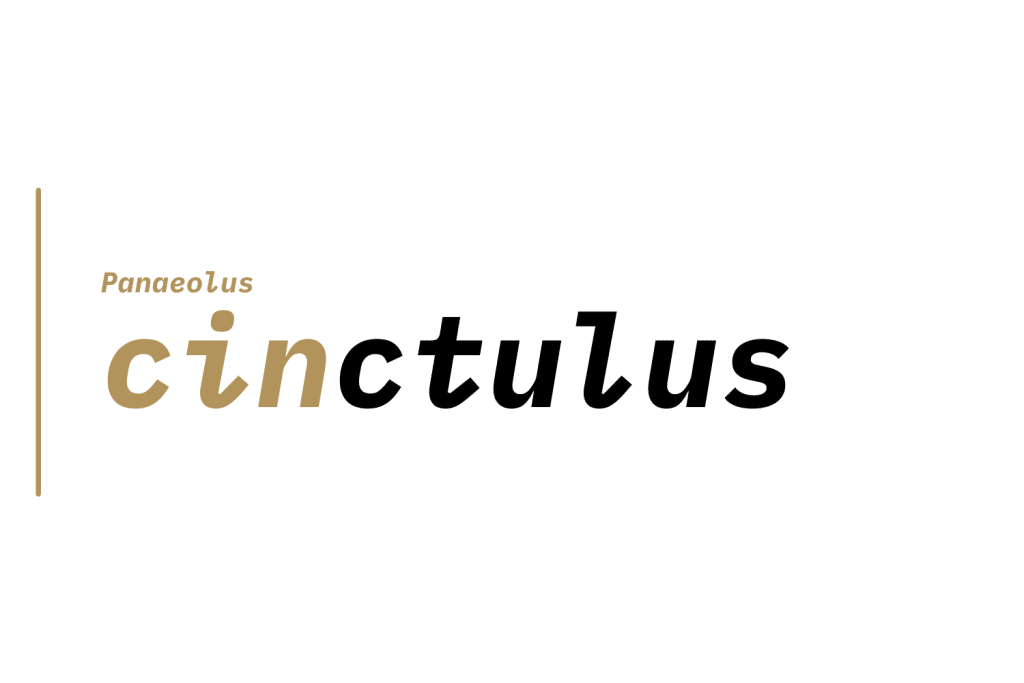
Panaeolus cinctulus
This one is another of the most common species you will see in Alberta. It can grow solitary or in dense clumps, well-fertilized soils, and compost. It usually flowers after raining, from spring to fall.
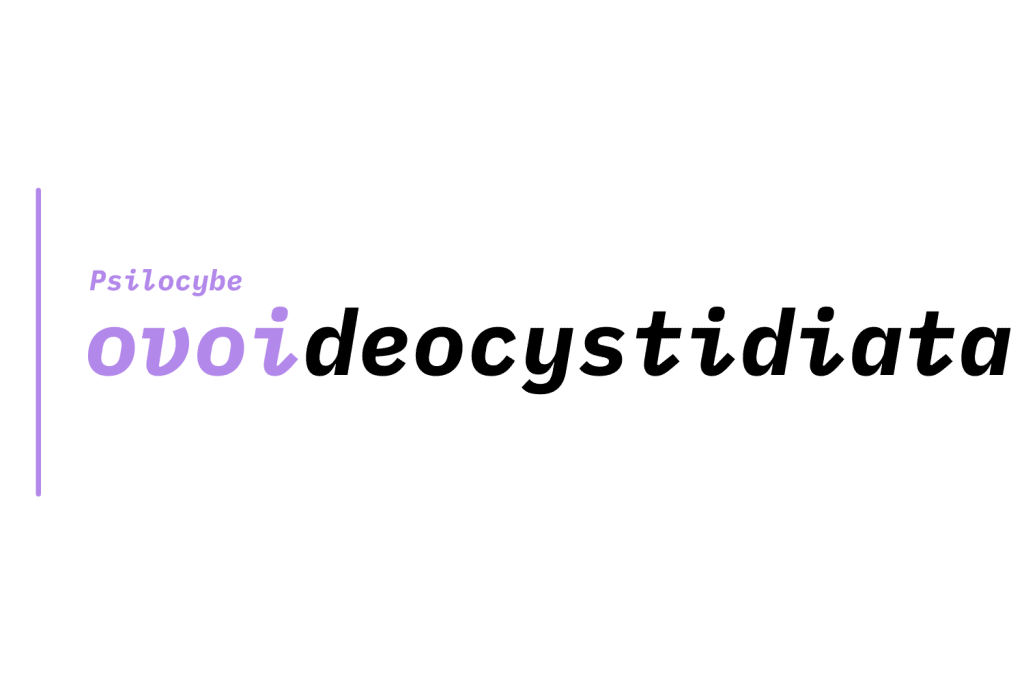
Psilocybe ovoideocystidiata
This mushroom is rare, but you might see it near Calgary if the conditions are right. It tends to inhabit shaded areas near waterways, usually on woody debris, wood chips, and mulch. It can grow in clumps or solitary.
They usually emerge from mid-April to late June, especially after several days of rain. However, if humidity permits, they can fruit until November.
What Are the Medicinal Uses of Shrooms?
Psilocybin has been the subject of numerous scientific studies throughout history. Recently, it is making a comeback thanks to extensive research on its applications in psychotherapy. As a result, the United States and many European countries are moving towards its legalization.
One of its potential uses is relief from depression and the sadness and hopelessness that comes with it. This disorder affects one in three people globally, despite the many medications available to combat it.
Fortunately, psilocybin provides the patient with experiences of deep self-knowledge, changing their perspective and improving mood. The reduction of symptoms is noticeable, even after a single session.
In addition, magic mushrooms can help patients with post-traumatic stress disorder (PTSD) by balancing the amygdala’s activity. This rebalancing may decrease anxiety and flashbacks that paralyze trauma survivors.
Another widespread pathology is existential anxiety. Patients with a terminal diagnosis lose self-esteem and question the meaning of life and their role in the world, generating severe anxiety and dread. Shrooms help patients cope with the existential dread common with terminal illness and end of life.
Patients that receive a psychedelic psychotherapy session often experience a change in mood that allows them to accept their fate.
Many people suffering from cluster headaches claim that psilocybin helps by significantly reducing their symptoms. However, scientists do not endorse this treatment, so we rely on anecdotal records.
Addiction is unfortunately also very recurrent, and available treatments often worsen it. Psilocybin can help people overcome addiction by temporarily suppressing the brain’s default mode network (DMN), calming the user’s compulsions for a few hours. This, in turn, allows the patient to temporarily get rid of bad habits and thoughts.
Psilocybin and other psychedelics can help with other things as well, such as increasing creativity and boosting problem-solving abilities.
Related: What is Psychedelic-Assisted Psychotherapy?

Is LSD Legal in Alberta?
No, LSD is illegal in Alberta.
LSD (lysergic acid diethylamide) is a Schedule III controlled substance in Canada. In Alberta, its recreational use and possession are prohibited, and you could receive a minimum fine of $1000 or six months in prison. Still, you will be prosecuted only in rare cases.
People who need psychedelic-assisted psychotherapy can request an S.56 exemption from Health Canada to legally access LSD for therapeutic situations.
Is DMT Legal in Alberta?
No, DMT is illegal in Alberta.
DMT is also a Schedule III controlled substance in Canada. In Alberta, recreational use and possession are illegal and can cost a minimum fine of $1,000 or six months in jail.
Schedule III explicitly mentions DMT and any salt thereof, so it would be wise to understand that this includes ayahuasca, changa, and bufo toad venom. Outside of Alberta, Health Canada allows religious DMT to particular groups, such as Uniao do Vegetal in Quebec and Montreal.
Is MDMA Legal in Alberta?
No, MDMA is illegal in Alberta.
The CDSA considers MDMA a Schedule I substance, and its possession and use carries a fine that can exceed $1,000 or six months in prison.
Schedule I substances are considered the highest and require a prescription for sale. This category includes many prescription medications including opioids and amphetamines, as well as restricted substances like MDMA or other psychedelics.
However, this could change at any time, given the effectiveness of MDMA as part of psychedelic-assisted psychotherapy. This does not mean that MDMA will be legal for recreational use soon, but we believe its decriminalization is near.
Drug scheduling in Canada is controlled by Health Canada and NARPA (National Association of Pharmacy Regulatory Authorities).
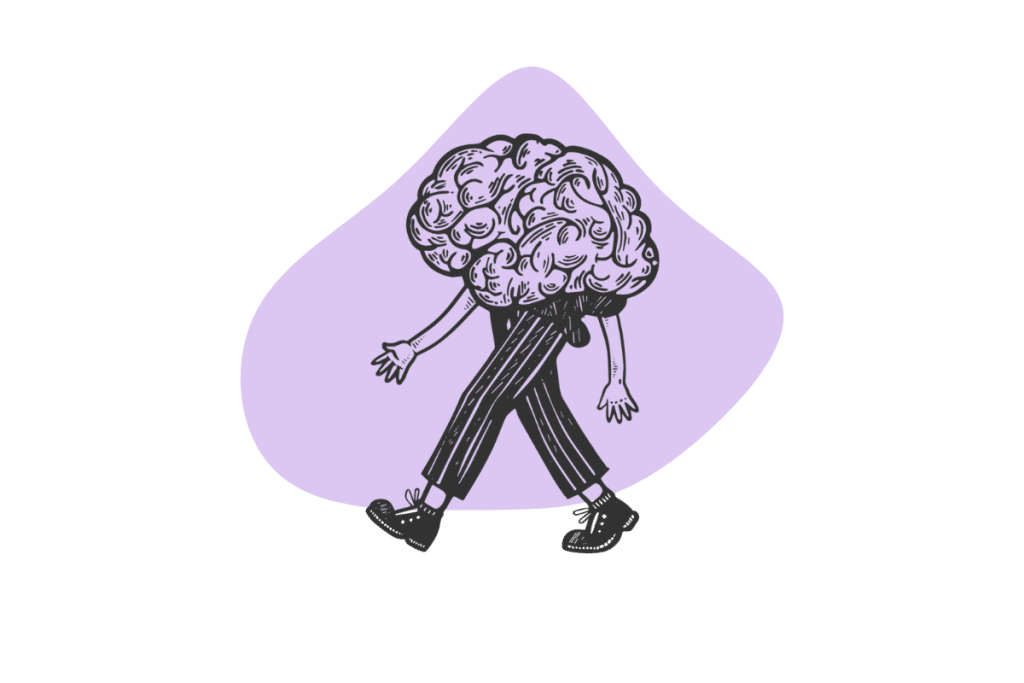
Is Ketamine Legal in Alberta?
Ketamine is legal for medical purposes in Alberta.
Ketamine is legal for use as a medical or veterinary anesthetic. However, its recreational use is illegal, as ketamine belongs to Schedule I of the CDSA. Therefore, its unlicensed use and possession carry a fine of more than $1000 or six months in prison, should it be your first offense.
Is Marijuana Legal in Alberta?
Marijuana is legal for both recreational and medicinal purposes in Alberta.
Canada legalized marijuana through the Cannabis Act in 2018, becoming the second country in the world after Uruguay to legalize the possession, consumption, cultivation, and purchase of cannabis for adults.
The law allows Albertans over 18 to:
- Purchase cannabis products from registered retailers
- Possess up to 30 grams of legal dry cannabis in public
- Grow up to 4 plants per household for personal use
- Share up to 30 grams of dried cannabis with other adults
Alberta law also allows the use and purchase of delta 8 by those over 18, with no possession limit. There is no information on other cannabinoids such as delta 10 THC, though it is probably legal since it is an isomer of delta 9 (THC).
Despite legalization, cannabis-related crimes still exist, and their punishments are harsh. For example, giving marijuana to a minor can carry a prison sentence of up to 14 years.
About 250,000 people have cannabis-related offenses on their records. Unfortunately, although they can apply for a pardon, it costs so much money and time to get one that only about 400 people have been granted one.
What’s the Difference Between Legalization & Decriminalization?
Although it is a common confusion, legalization and decriminalization do not mean the same thing. Below, we will show you some crucial differences that will help you distinguish the two terms.
Decriminalization means that the penalties and fines for using or possessing a substance are drastically reduced, but it does not mean that they disappear. The substance will still be illegal, but you just won’t go to jail for using it.
On the other hand, legalization means abolishing penalties and fines for use, possession, and cultivation. In this way, the substance becomes legal, albeit with conditions. As a result, the territory that legalizes a substance lays the groundwork for its trade and stops prosecuting the user.
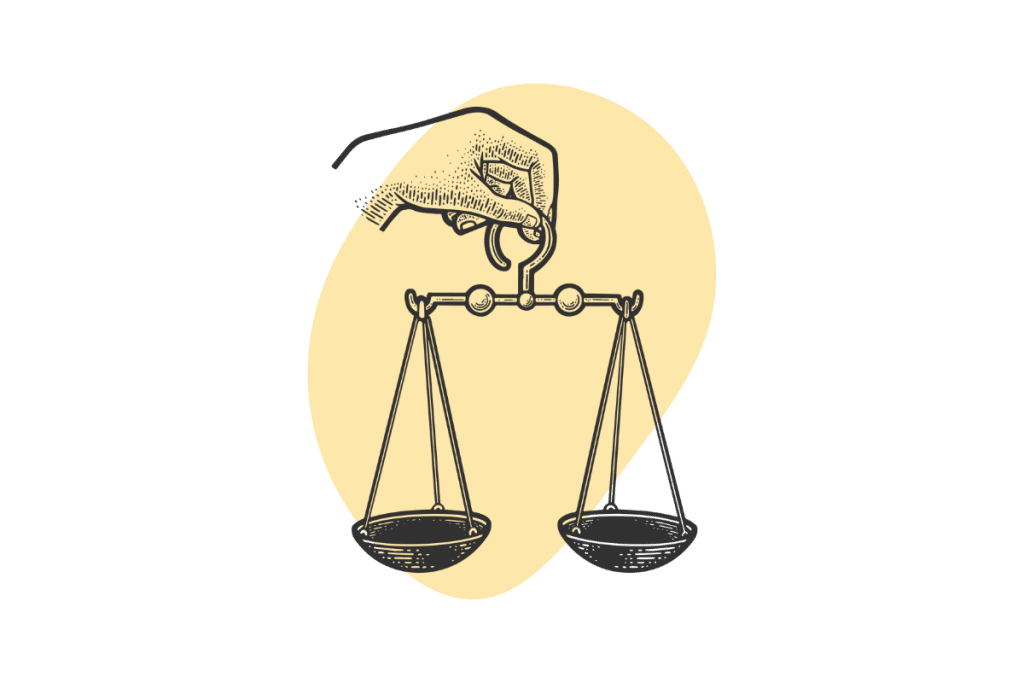
Psychedelic Laws in Other Canadian Provinces
Some provinces treat drug offenses differently than Alberta.
- Psychedelics in British Columbia
- Psychedelics in New Brunswick
- Psychedelics in Newfoundland and Labrador
- Psychedelics in Northwest Territories
- Psychedelics in Nova Scotia
- Psychedelics in Nunavut
- Psychedelics in Manitoba
- Psychedelics in Ontario
- Psychedelics in Prince Edward Island
- Psychedelics in Quebec
- Psychedelics in Saskatchewan
- Psychedelics in Yukon
Key Takeaways: What’s the Future of Psychedelics in Alberta?
Canada is one of the most progressive countries regarding substances, and Alberta enforces federal laws accordingly. Marijuana is legal, but psychedelics aren’t, though getting prosecuted because of them is an infrequent occurrence.
In Alberta, the therapeutic use of psilocybin for palliative care is already legal, and health professionals are extending it to other disorders and looking to other substances. In addition, ketamine clinics already exist and operate throughout the country.
Canada will likely approve the therapeutic use of MDMA soon, and we estimate that the decriminalization of magic mushrooms is very close.

